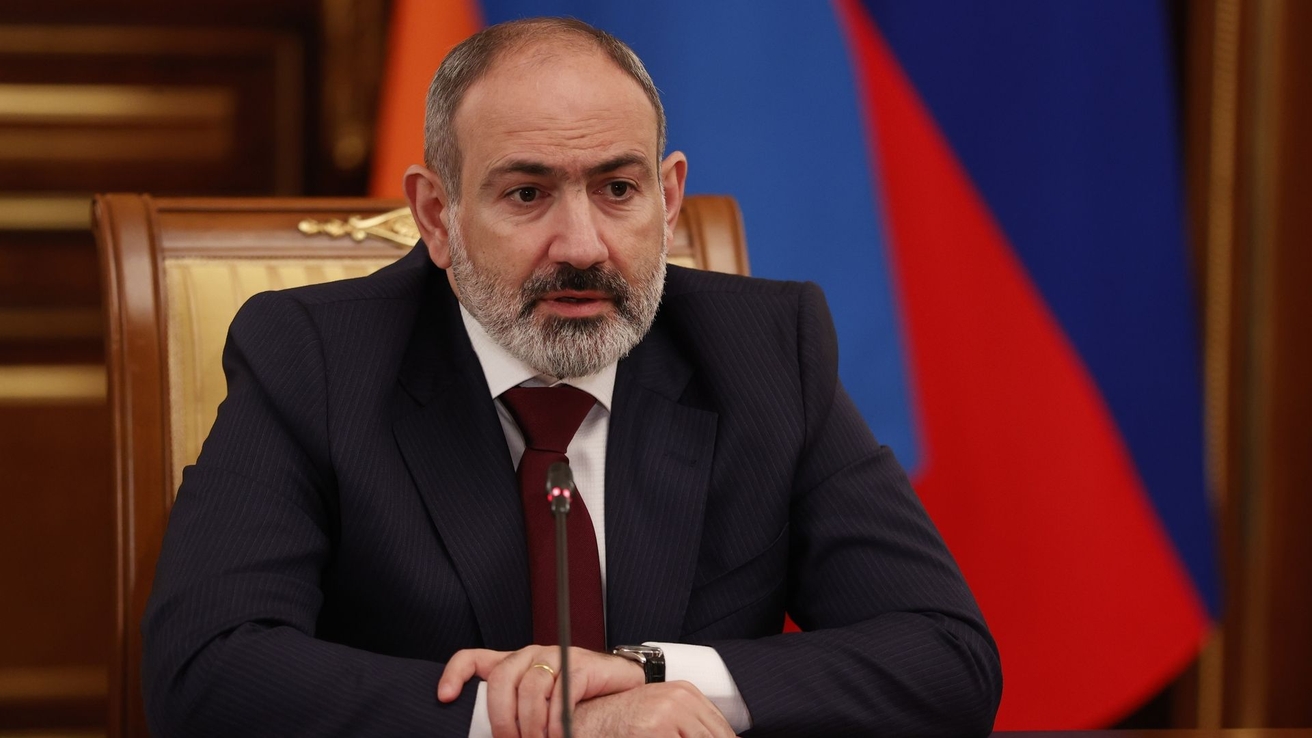Regrettably, the only things that matter in this world are money and power. All the other issues that naïve people put a value on, such as truth, justice, and human rights, are self-defeating delusions. Rich and powerful people and countries can do almost anything they want. The only ones that can stop them are those who possess greater power. The weak are at the mercy of the powerful wolves.
These thoughts came to my mind as I received an email from the Lladro Company, which is world famous for the porcelain figurines it produces in Valencia, Spain. A lot of people have valuable collections of Lladro figurines in their homes. They are frequently given as gifts.

The email I received from Lladro was a pitch to sell its latest porcelain figurine named: ‘Karabakh Horse.’ Next to the image of a horse, the email stated: “The Karabakh horse is a symbol of Azerbaijan’s cultural legacy and its indomitable spirit. Our artists have portrayed it in porcelain, underscoring the elegance and beauty of this unique breed. Following ancient tradition, the horse is covered with a Karabakh rug with its rightly famous patterns decorated in intense colors and golden lusters. Discover all the details of this specimen, available in a limited edition.”
In the above short paragraph, Lladro made several factual errors. First of all, the Karabagh horse cannot be a symbol of Azerbaijan since Karabagh (Artsakh) is a part of historic Armenia. To make matters worse, Lladro falsely added that this horse is a symbol of Azerbaijan’s “cultural legacy and its indomitable spirit.” There is no such thing as Azerbaijan’s ‘cultural legacy’ since the country is a little over 100 years old. I also don’t understand Lladro’s reference to Azerbaijan’s ‘indomitable spirit.’ Where did that ‘indomitable spirit’ come from? Azerbaijan, during its short-lived history, has engaged in barbaric beheadings of Armenian prisoners of war, committed massacres, ethnic cleansing, and genocide, destroyed Armenian churches and cultural monuments, distorted history, and committed massive violations of the human rights of its own citizens, including the jailing of journalists and political dissidents on trumped-up charges.
Since I know very little about horses, I searched about the ‘Karabagh horse’ on the Internet. Here is what I found: “The Karabagh horse breed is influenced by Persian horses and other breeds like the Akhal-Teke, Kabarda, Turkoman, and Arabian horses.” The Akhal-Teke horse originates from Turkmenistan, while the Kabarda from the Kabardino-Balkaria Republic in Russia. I don’t see any reference to Azerbaijan in that sentence.
In another obvious error, Lladro explained in its email that ‘Karabakh Horse’ means ‘golden horse.’ This is false. The name Karabagh is composed of two words: ‘Kara’ which means black in Turkish and ‘bagh’ which means garden in Farsi. Therefore, Karabagh means Black Garden.
Lladro is selling the ‘Karabakh Horse’ porcelain figurine for $6,580 each. It is a ‘limited edition’ production with only 750 copies. It weighs 20 lbs. The dimensions are: 17 inches (high), 20 inches (wide), and 8 inches (long).
To promote the ‘Karabakh Horse’ figurine, Lladro held its unveiling at the Shirvanshah Palace Museum in Baku, where the Azerbaijan National Conservatory provided a live musical concert. The guest speaker was Yashar Quluzade, the owner of the largest number of actual Karabagh horses.
To represent Karabagh as part of Azerbaijan, and promote the Karabagh horse worldwide, Pres. Aliyev gifted in 2022 a Karabagh horse and two equestrian-themed sculptures to Queen Elizabeth II of England. This is the second time that the Queen has received a Karabagh horse from Azerbaijan. The first one was in 1956.
Since the only thing Lladro executives care about is profit, Armenians and their supporters should counter the use of the Karabagh horse as a tool for Azeri propaganda by boycotting the purchase of all Lladro products. Complaints should be sent to Ana Rodríguez Nogueiras, the Chief Executive Officer of Lladro. Her email is: [email protected].
I do not know what kind of business arrangements have been made between Azerbaijan’s leaders and Lladro. Who is getting what percentage of the sales and who is personally benefiting from the resulting income?
It is surprising that the Karabagh Horse figurines are still not sold out since they were launched several months ago. Since Azeri leaders donate lavish gifts to foreign dignitaries visiting Azerbaijan, why haven’t they purchased all 750 copies of the Karabagh Horse porcelain and given them as souvenirs? I am certain that Pres. Aliyev, who is a billionaire, can easily afford to purchase all 750 copies at $6,580 each for a total cost of $4.9 million.





